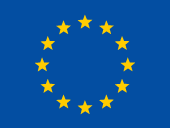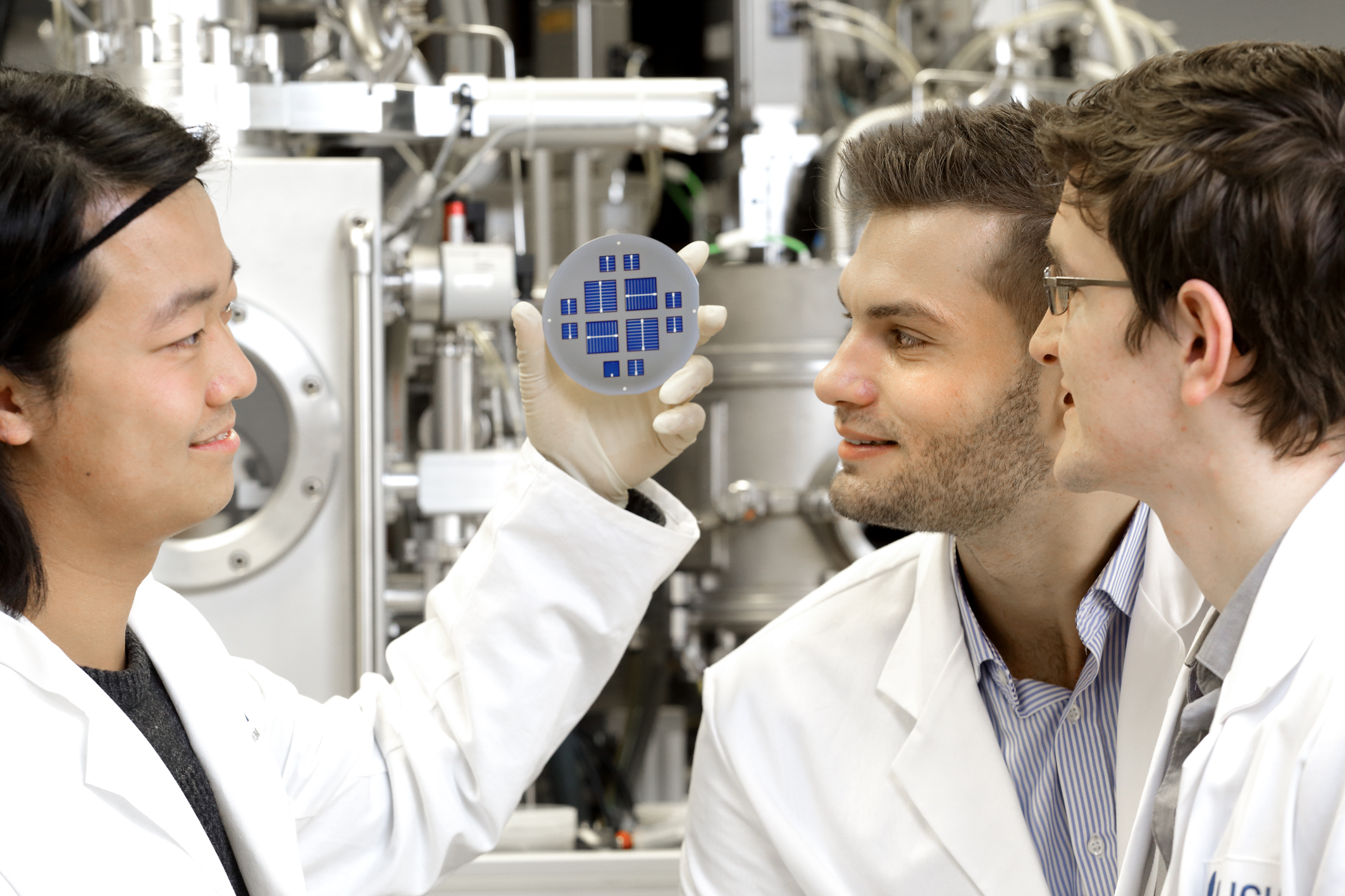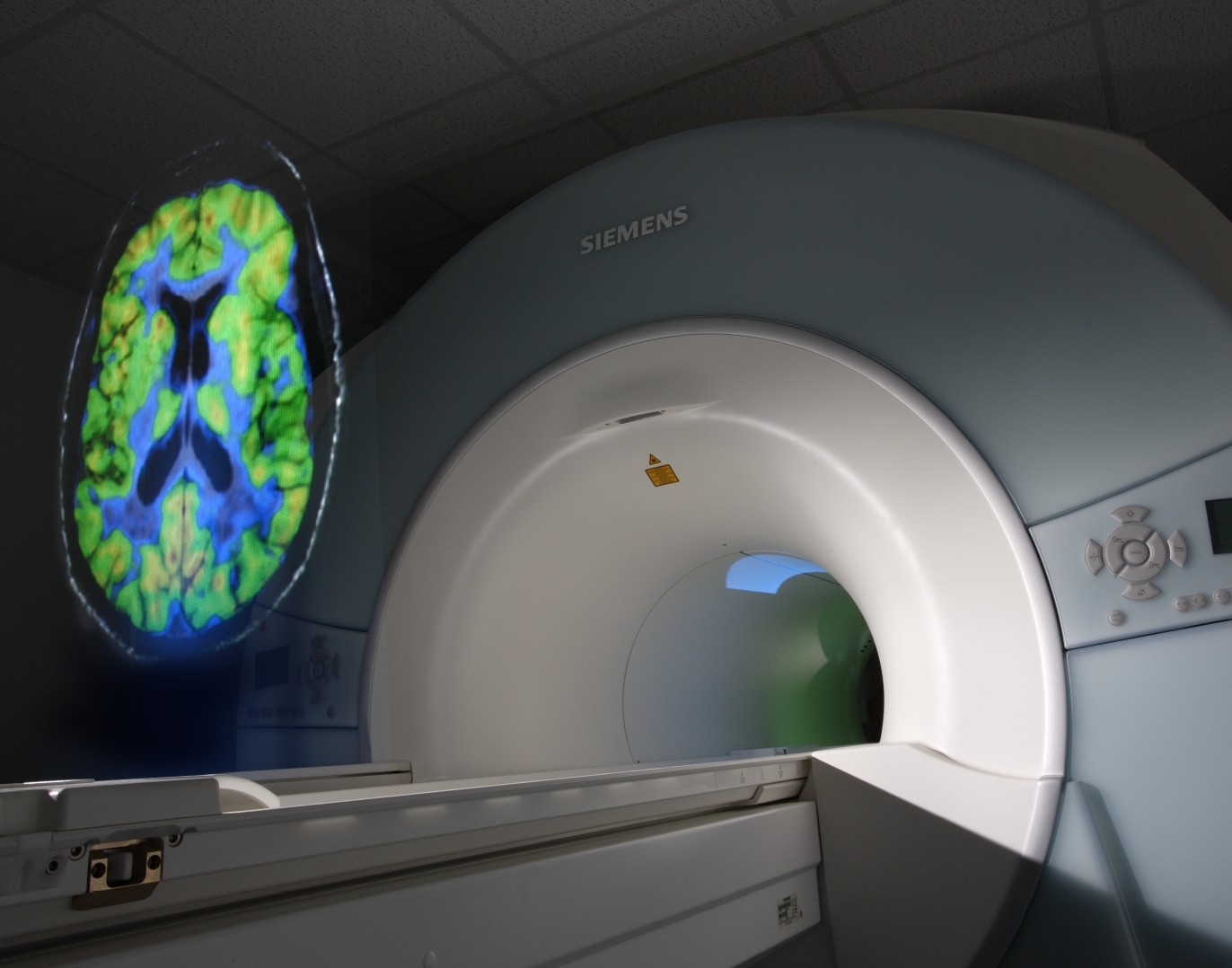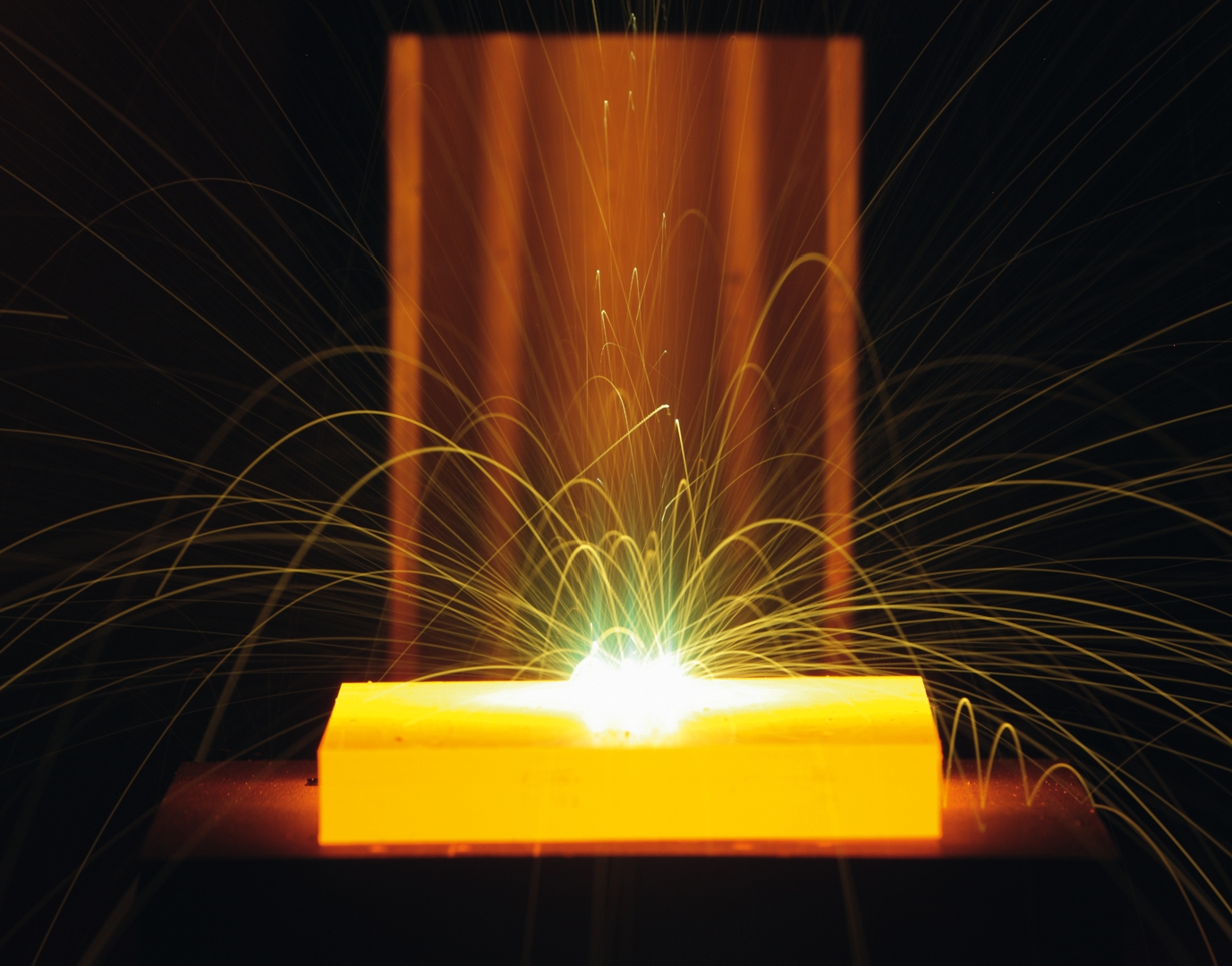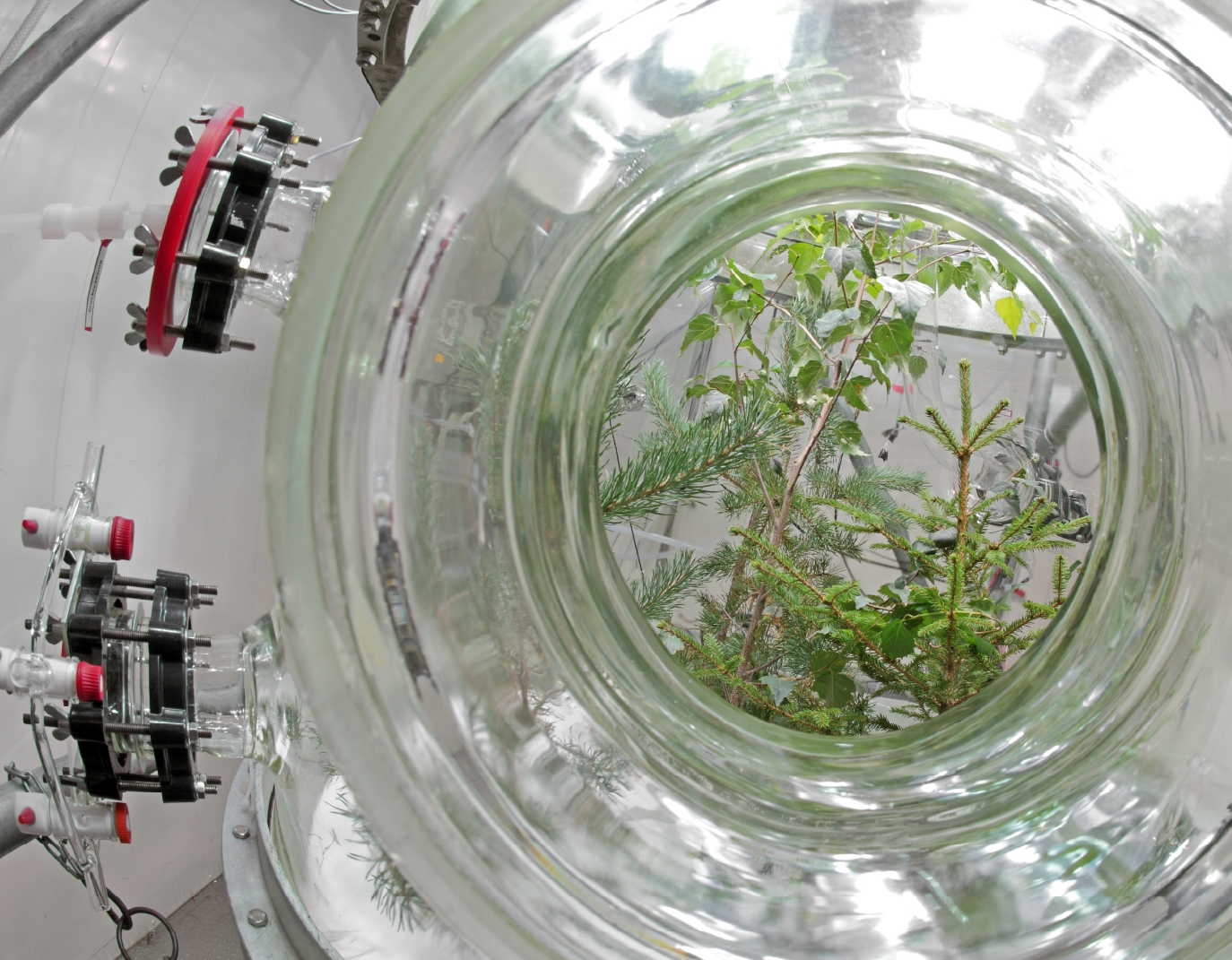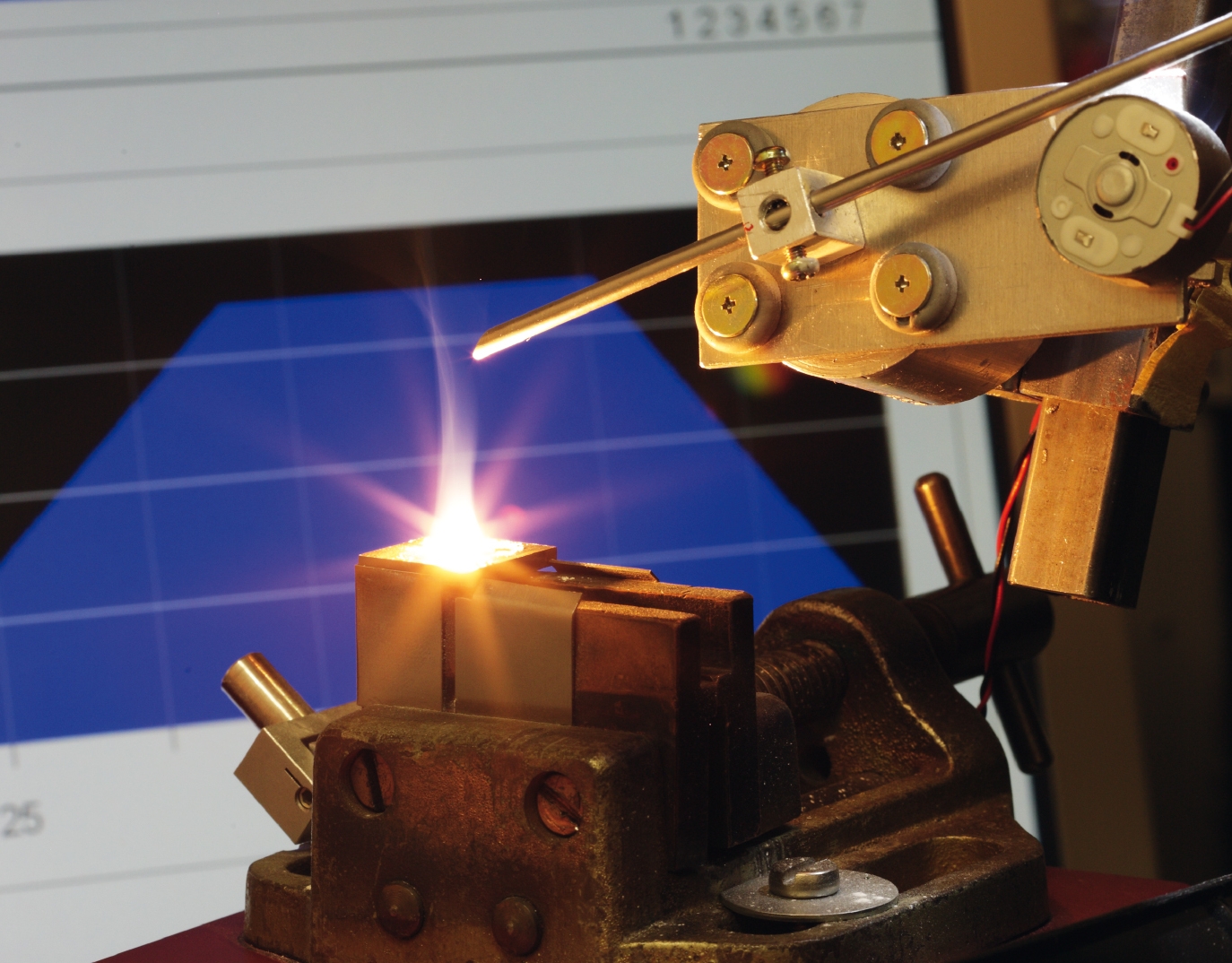One of the largest interdisciplinary centres in Europe, Forschungszentrum Jülich has world class facilities including key technologies in the areas of energy, environment, IT and brain research.

Jülich (Germany)
Wilhelm-Johnen-Straße
Tel. 49 2461 61-0
Forschungszentrum Jülich pursues cutting-edge interdisciplinary research on pressing issues facing society today. With its competence in materials science and simulation, and its expertise in physics, nanotechnology, and information technology, as well as in the biosciences and brain research, Jülich is developing the basis for the key technologies of tomorrow. In this way, Forschungszentrum Jülich is helping to solve the grand challenges facing society in the fields of energy and the environment as well as information and the brain.
Forschungszentrum Jülich is also breaking new ground in the form of strategic partnerships with universities, research institutions, and industry in Germany and abroad. Institutes include; the Institute for Advanced Simulation (IAS); the Institute of Bio- and Geosciences (IBG); the Institute of Complex Systems (ICS); the Institute of Energy and Climate Research (IEK); the Institute of Neuroscience and Medicine (INM); the Jülich Centre for Neutron Science (JCNS); the Nuclear Physics Institute (IKP); the Peter Grünberg Institute (PGI); and the Central Institute of Engineering and Electronics.
With more than 5,500 employees, Jülich – a member of the Helmholtz Association – is one of the largest interdisciplinary research centres in Europe. A total of 995 visiting scientists from 39 countries conducted research at Jülich in 2013 in addition to the 1,924 scientists employed by Jülich. Forschungszentrum Jülich is also an equal opportunities employer. It aims to appoint a woman to every third vacant or new scientific position by 2017. In 2013, Forschungszentrum Jülich acquired third-party funds totalling €197.8 million, which was €25.6 million more than the previous year. Moreover, talented young researchers from Germany, Europe, and all over the world benefit from exceptional conditions at Jülich that help them kick-start their career: as PhD students in the institutes, within the scope of one of the various support programmes, or as head of their own young investigators group. Heading a young investigators group offers scientists early independence and superb career opportunities.
Forschungszentrum Jülich also participates in the Helmholtz Postdoc Programme. Funding for up to three years enables young scientists to enhance their own research profile directly after their PhD. Another form of recognition is the Jülich Excellence Prize, which is awarded by a panel of recognized experts. At Jülich, undergraduates, postgraduates, and PhD students are given the opportunity to work on interesting research projects at an early stage. In 2013, 895 PhD students were supervised at Forschungszentrum Jülich. Of these, 310 (35 %) were women and 297 (33 %) came to Jülich from abroad. Forschungszentrum Jülich works together with universities in 22 graduate schools and research training groups. In 2013, Jülich was involved in 381 nationally funded projects and 179 EU projects.
Forschungszentrum Jülich is situated at the centre of a triangle formed by the cities of Cologne, Aachen and Düsseldorf, and can be reached from these cities in 25 to 50 minutes by car or by public transport. There is a direct bus connection from Forschungszentrum Jülich to Aachen, and the local train service – the Rurtalbahn – provides connections to Aachen and Cologne via Düren. By bike, it only takes ten minutes to reach Jülich from the campus. A lot of colleagues set up car sharing groups. Our International Advisory Services provides advice and support for all Forschungszentrum Jülich employees who come from abroad (students, PhD candidates, scholarship holders, visiting scientists, professors) and their families on legal matters concerning non-nationals and German social legislation. University Information: http://www.fz-juelich.de/SharedDocs/Bilder/PORTAL/EN/publications/facts-figures-2014.html

